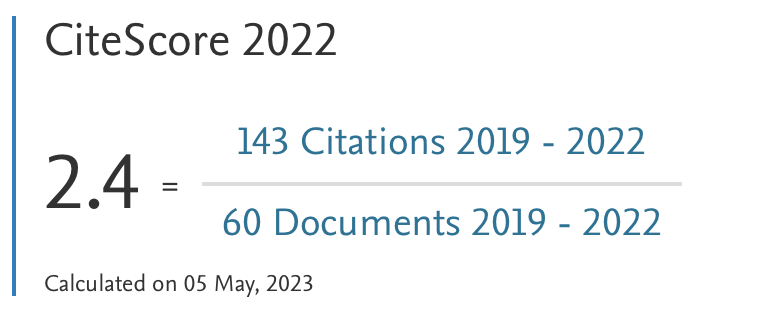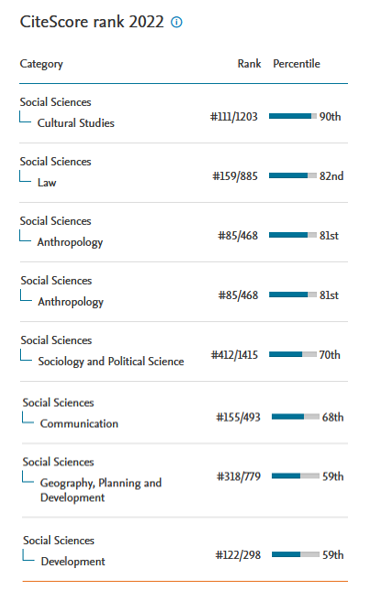Turning Red Rural Landscapes Yellow? Sufficiency Economy and Royal Projects in the Hills of Nan Province, Northern Thailand
DOI:
https://doi.org/10.14764/10.ASEAS-5.2-6Keywords:
Lua People, Northern Thailand, Royal Projects, Sufficiency Economy, Thai PoliticsAbstract
This paper discusses the efforts of the royal family to moralise the environmental behaviour of their subjects in the name of the Sufficiency Economy philosophy solicited by King Bhumibol since the 1990s in Thailand. Drawing on ethnographic fieldwork conducted in Nan province, Northern Thailand, in 2008 and 2009, I focus particularly on Royal Projects recently promoted to correct the rural practices of the ethnic minority groups living in the hills of Nan. In the past, many of these ethnic groups took part in the Maoist insurgency while at present, they represent a key basin of supporters for the reformist Red Shirts movement which is currently threatening the role of the monarchy in Thai politics. The research suggests that the recently increased trend of staging new projects for sustainable agro-forestry management in a ‘red’ area as Nan does not only aim at improving the conditions of mountain peoples and of the environment, but simultaneously increases the political influence of the conservative forces over this ‘ungovernable’ territory in times of political crisis.Downloads
Published
Issue
Section
License
Copyright (c) 2015 SEAS – the Society of South-East Asian Studies

This work is licensed under a Creative Commons Attribution-NonCommercial-NoDerivatives 3.0 Unported License.
For all articles published in ASEAS before December 2014 and after July 2022, copyright is retained by the authors. For articles published between January 2015 and June 2022, the Society for South-East Asian Studies (SEAS) is the copyright holder. Articles published in ASEAS before December 2019 are licensed under the following Creative Commons License: Attribution-NonCommercial-NoDerivs 3.0 Unported. Articles published after that date are licensed under the following Creative Commons License: Attribution-NonCommercial-NoDerivs 4.0 International. In both cases, this means that everybody is free to share (to copy, to distribute, and to transmit the work) under the following conditions:
-
Attribution — You must give appropriate credit, provide a link to the license, and indicate if changes were made. You may do so in any reasonable manner, but not in any way that suggests the licensor endorses you or your use.
-
NonCommercial — You may not use the material for commercial purposes.
-
NoDerivatives — If you remix, transform, or build upon the material, you may not distribute the modified material.







